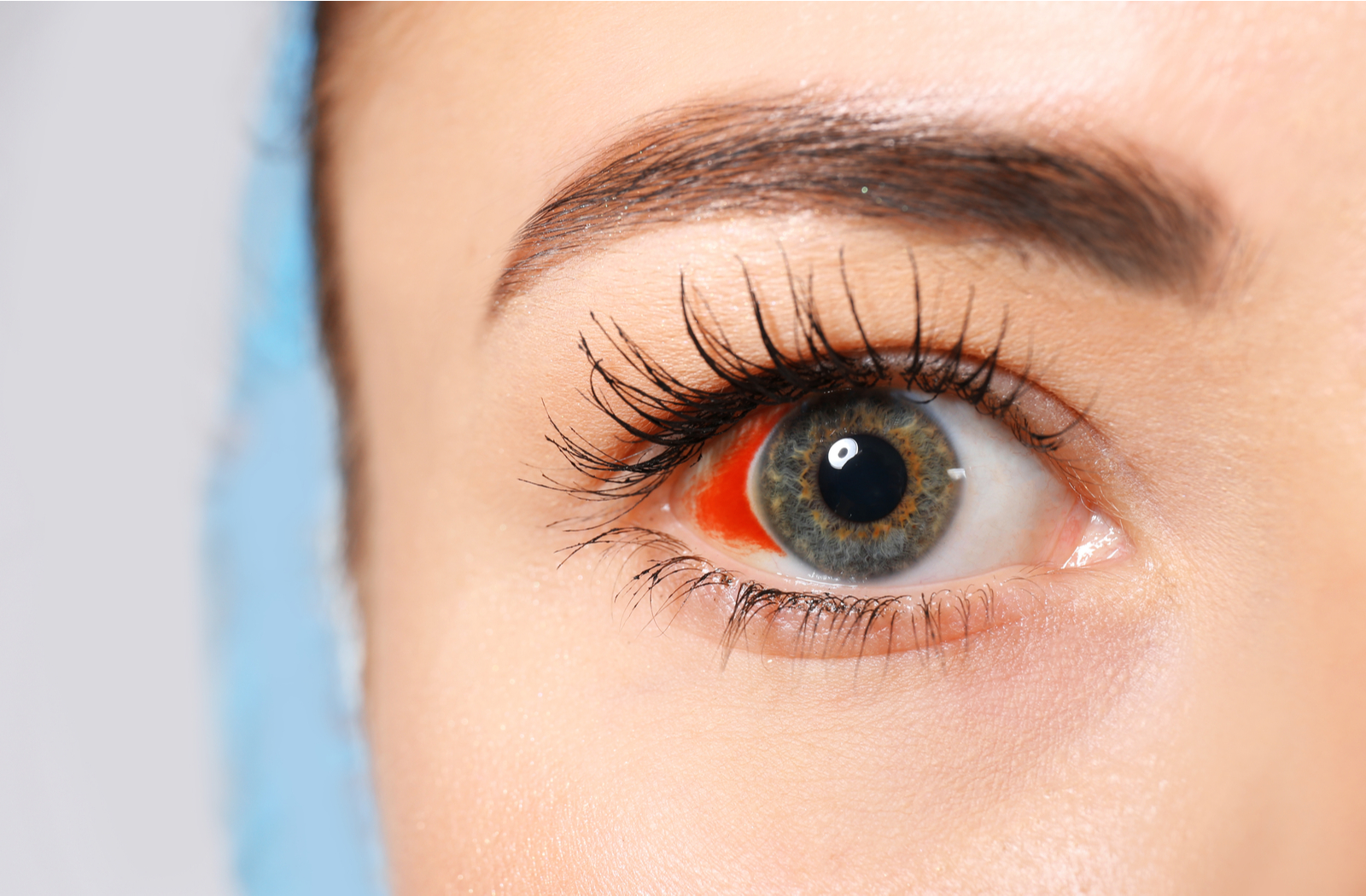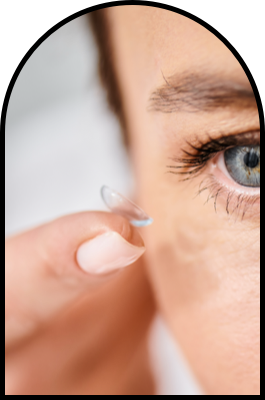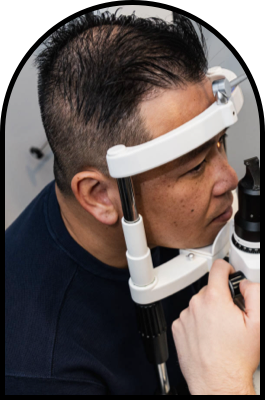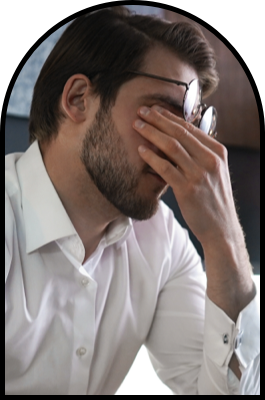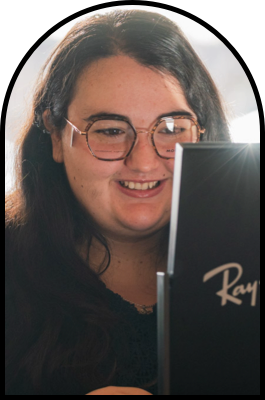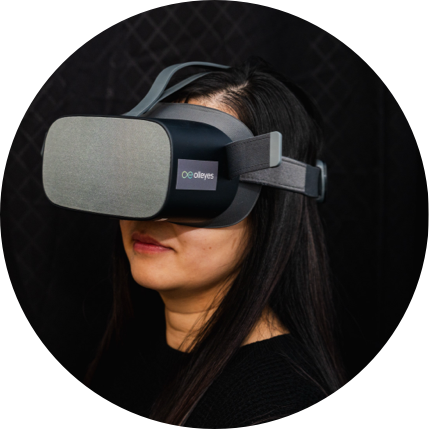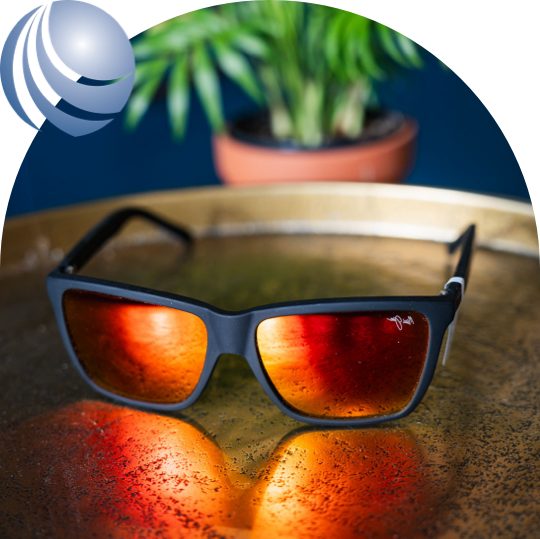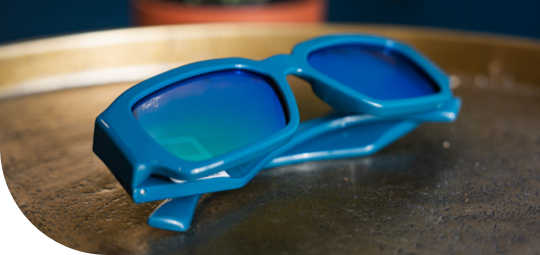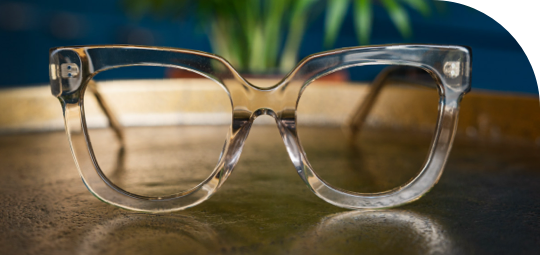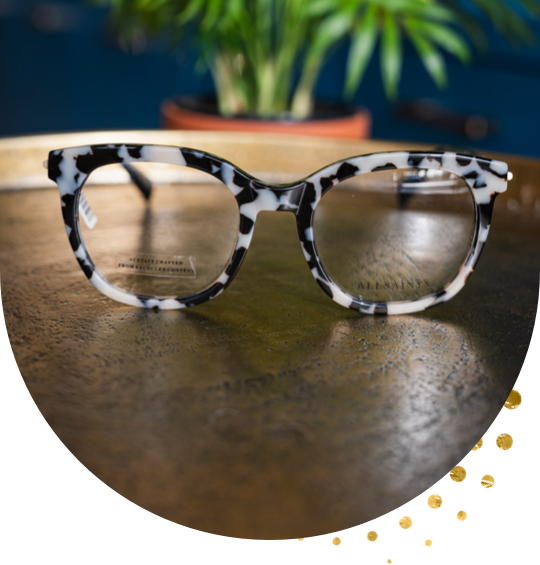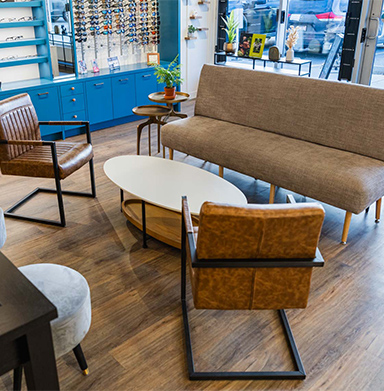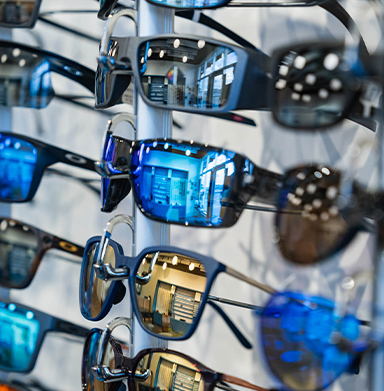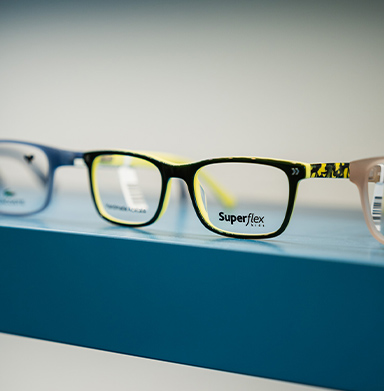Eye care emergencies can be a challenging experience. When you experience an eye emergency, the last thing you want to do is hesitate—you must take action quickly and visit your optometrist.
Knowing what eye care emergencies entail and knowing some of the most common problems can help you be prepared. Emergency eye care visits are covered by Alberta Health Care giving you access to advice from your optometrist.
Let’s look at common eye care emergencies, preventative methods, and who you should see for emergency eye care.
What Is an Eye Emergency?
An eye emergency occurs when you have a foreign object or chemicals in your eye, or an injury or burn affects your eyes. The nature of any emergency is seeking help or treatment as soon as possible.
Eye care emergencies are no different—eye emergencies cover a wide range of incidents and conditions. There are some symptoms you can look out for:
- Experiencing a loss of vision
- Burning or stinging
- Eye pain
- Bleeding from the eye
- Experiencing double vision
- New or severe headaches
These symptoms can be a warning of something more severe, and it’s essential to take them seriously.
When you experience an eye injury, serious complications can arise. There are things you should avoid doing to your eyes to avoid making anything issues worse.
If you’re dealing with eye injuries, be sure not to:
- Rub or apply pressure to your eye
- Try to remove foreign objects that are stuck in any part of your eye
- Use tweezers or other tools in your eye
- Put medications or ointments in your eye
An eye emergency is a delicate situation—if you suffer an eye injury while wearing contact lenses, it’s crucial that you don’t remove them right away to risk making the injury worse.
Now that we know what falls under the umbrella of eye care emergencies let’s look at some common eye emergencies.
Chemical Injuries
Chemical burns can result when using cleaning products, garden chemicals, or industrial chemicals get into your eyes. Aerosols and fumes can also cause chemical burns.
If you get chemicals in your eyes, the following steps can help:
- Wash your hands with soap and water to remove any chemicals that may have gotten on your hands.
- Turn your head, so the injured eye is down and to the side.
- Run the affected eye under cool tap water for at least 15 minutes.
Early treatment is always a good idea, but you must approach any chemical eye injury with the proper steps.
Trauma & Foreign Objects
If you suffer a serious knock to the head or your eyes, that can cause an eye emergency, and you should look to get treatment as soon as possible.
Along with chemicals, small and large foreign objects can get stuck in your eyes.
You should take the following steps if you have something small stuck in your eye or eyelid:
- Try blinking to see if it clears your, do not rub your eye.
- Wash your hands before touching your eye and look into your eye to try to locate the object.
- Look behind your lower lid by pulling it down gently, if necessary.
- Use artificial tear drops to help rinse out the foreign body.
Large foreign objects can cause severe damage, whether glass, metal, or objects that enter your eye at high speed.
It’s vital that you do not touch it, do not apply pressure, and do not attempt to remove it on your own.
So, you know what emergency eye care is all about—now, let’s look at who you should see for emergency eye care.
Getting Emergency Eye Care
When suffering an eye injury, you must seek treatment right away. If you experience an eye emergency, you should visit your optometrist as soon as possible for an emergency appointment. If you’re not able to get in touch with your optometrist, you must go to the nearest emergency room, depending on the immediate nature of your eye emergency.
Removing an embedded foreign body by yourself is not recommended and can worsen your condition. A sudden loss of sight should be treated as an emergency. You should visit your optometrist as soon as possible for a diagnosis to determine the next steps.
Seeking out treatment right away is essential, but looking into preventative care methods can also help avoid initial injury.
Preventative Care
Some eye injuries cannot be avoided, but that shouldn’t discourage you from seeking out some preventative methods that can impact your overall eye health.
Here are some things you can do to decrease your risk of eye injuries:
- Wear protective eyewear when you use any power tools or engage in high-risk sporting events.
- Follow the directions carefully when you’re working with chemicals or cleaning supplies.
- Keep heated hair appliances, such as curling irons and straightening tools away from your eyes.
- Be cautious when cooking with grease and oil.
Accidents happen, and sometimes eye injuries cannot be prevented. To decrease your chances of developing permanent eye damage following an eye injury, you should always visit your optometrist as soon as possible.

Prioritizing Your Eyes
Your eye health should always be a priority. Practicing good preventative habits and remembering good eye safety techniques can help prevent serious injuries.
Book an appointment with your optometrist today to learn more about emergency eye care and be ready for possible eye care emergencies.


